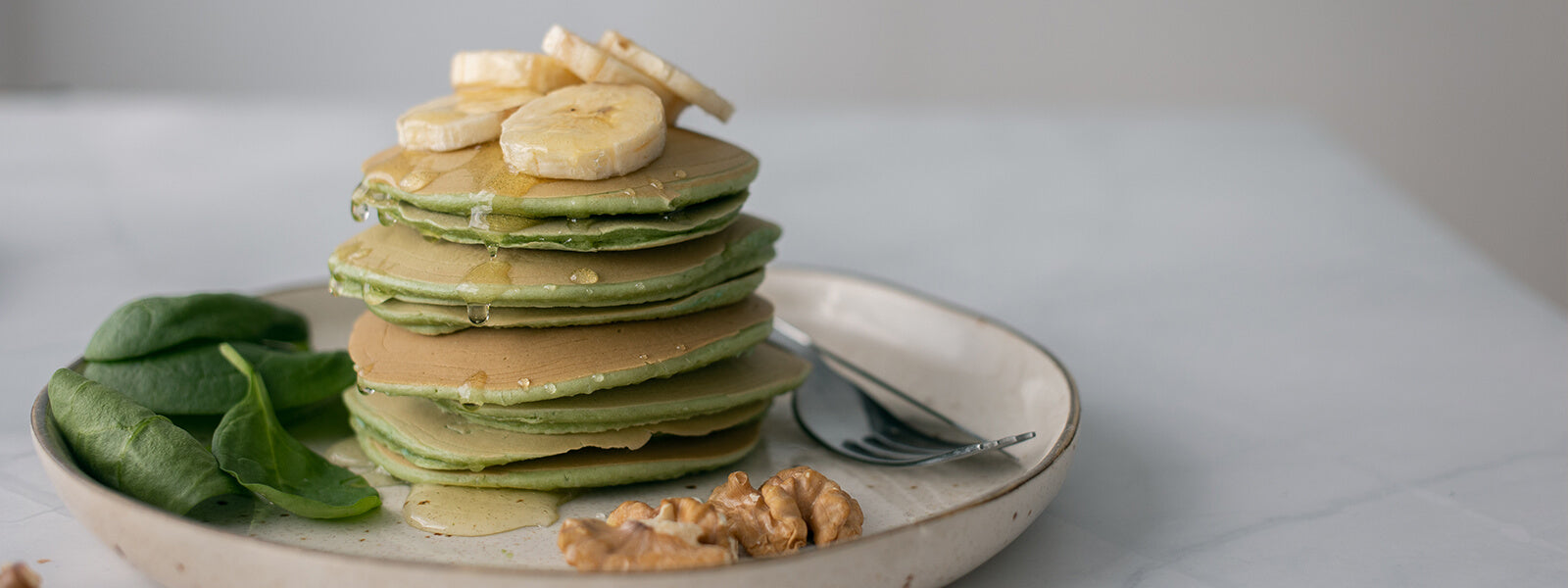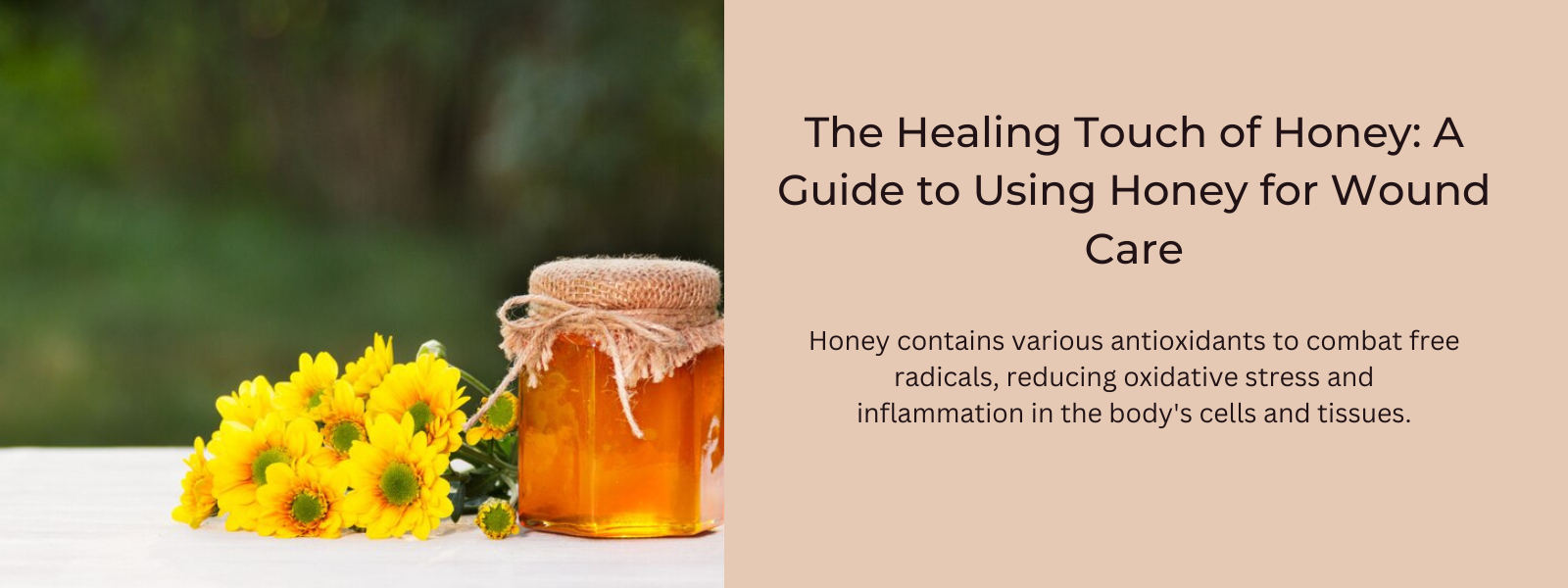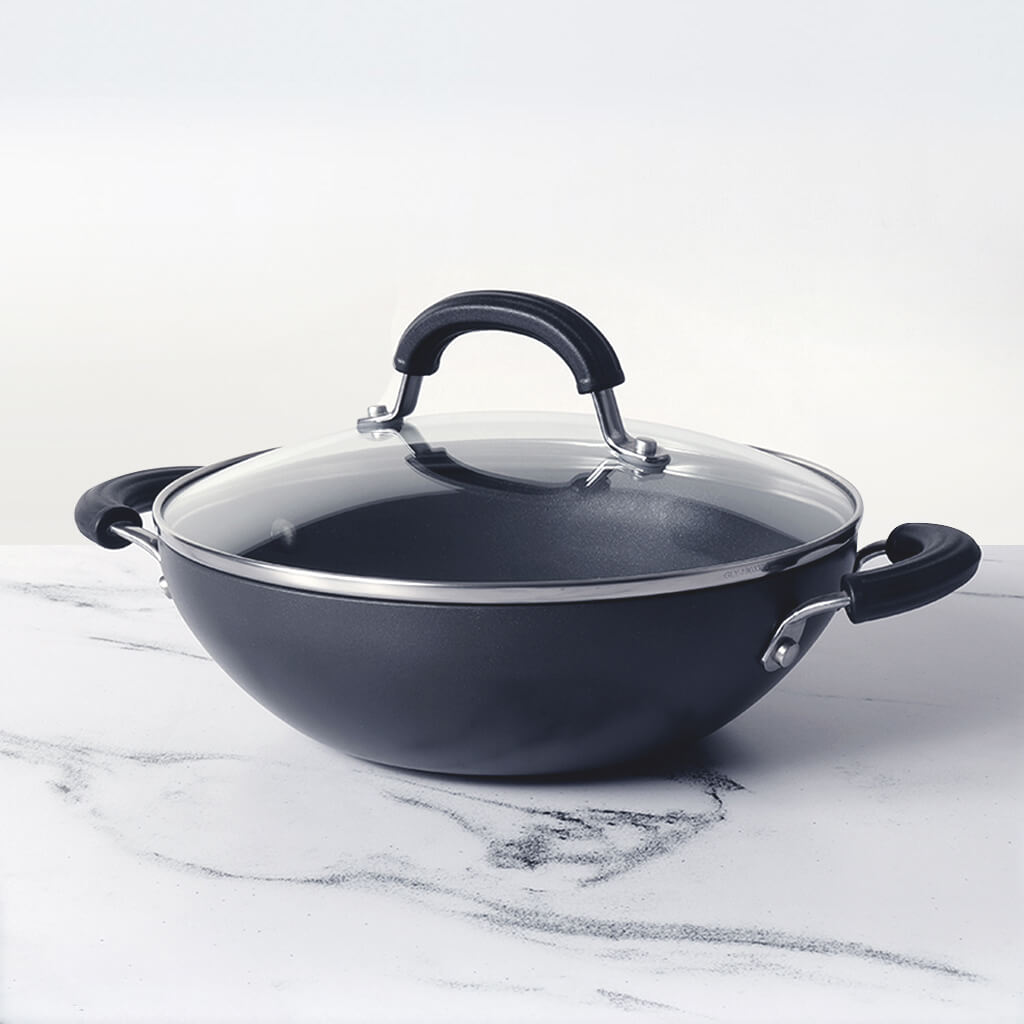Honey, in India, has been traditionally used in home remedies to potentially alleviate allergy symptoms. Local raw honey is believed by some to contain trace amounts of local pollen, and its consumption is thought to assist in desensitizing the body to specific allergens, contributing to relief from seasonal allergies. This practice is based on the theory of immunotherapy, where exposure to small amounts of local pollen might aid in building tolerance over time.
Table of Contents
How Is Honey Made?
Honey is produced through a fascinating process carried out by honey bees. It begins with forager bees collecting nectar from flowers using their long, tube-like tongues. The collected nectar mixes with enzymes in the bee's honey stomach, breaking down the complex sugars into simpler forms. Upon returning to the hive, the forager bee regurgitates the partially digested nectar into the mouth of a worker bee. Through a process of regurgitation and additional enzymatic activity, the bees further process the nectar, reducing its water content and transforming it into honey. The bees then deposit the finished honey into cells within the hive's honeycomb. To preserve the honey, bees fan their wings to evaporate excess moisture, leading to its thick, viscous consistency. Once the moisture content reaches around 17-18%, the bees seal the cells with beeswax, creating the honey's final form, ready for consumption.
Nutrient Composition Of Honey:
Here's a general overview of the typical nutrient composition of honey per 1 tablespoon (21 grams):
- Carbohydrates: The primary component of honey is carbohydrates, mainly in the form of natural sugars like fructose and glucose. It contains approximately 17 grams of carbohydrates per tablespoon.
- Calories: Honey is moderately high in calories due to its sugar content. One tablespoon typically provides around 64 calories.
- Trace Amounts of Vitamins and Minerals: Honey contains small amounts of several vitamins and minerals, including vitamin C, calcium, iron, potassium, riboflavin (vitamin B2), and niacin (vitamin B3), although these are present in very low concentrations.
- Antioxidants: Honey contains various antioxidants, such as phenolic compounds and flavonoids. These antioxidants help neutralize free radicals and contribute to its potential health benefits.
- Enzymes: Natural enzymes found in honey, such as glucose oxidase and invertase, contribute to its antimicrobial properties and the breakdown of sugars.
- Trace Amounts of Protein and Fats: While honey is primarily carbohydrates, it also contains small amounts of proteins and virtually no fat.
- Low Water Content: Honey has low moisture content, which contributes to its long shelf life and resistance to spoilage.
How Does Honey Help In Relieving Allergies?
Here's a breakdown of how honey might aid in allergy relief:
- Local Pollen Exposure: Proponents suggest that consuming raw honey, containing trace amounts of local pollen, could expose the body to small doses of allergens. This exposure might potentially stimulate the immune system, helping the body build tolerance to these specific allergens over time.
- Antibacterial Properties: Honey possesses natural antibacterial properties due to factors like its low moisture content, acidity, and hydrogen peroxide production. This might assist in soothing throat irritation caused by allergic reactions and prevent secondary infections.
- Antioxidants and Anti-Inflammatory Effects: Honey contains antioxidants and anti-inflammatory compounds that might offer mild relief from allergy symptoms by reducing inflammation and soothing irritated tissues.
How To Consume Honey To Alleviate Allergy?
If you're considering using honey for potential allergy relief, here are some general suggestions:
- Choose Raw, Local Honey: Select raw, unprocessed honey sourced locally. Some believe that local honey might contain trace amounts of local pollen that could help with desensitization to specific allergens over time.
- Start Early: Begin consuming honey a few months before allergy season starts. This early exposure to local pollen might hypothetically allow your body to build tolerance gradually.
- Consume Regularly: Take a spoonful of honey daily. Consuming small amounts of honey regularly might expose your immune system to local pollen, although the evidence supporting this theory is limited.
- Use Caution: Be cautious if you have severe allergies or are allergic to bee products. Consult with a healthcare professional before using honey as an allergy remedy, especially if you have known allergies or medical conditions.
Home Remedies Using Honey To Alleviate Allergy:
Honey is often used in home remedies to support immune health due to its antibacterial, antiviral, and antioxidant properties. Here are a few home remedies incorporating honey to boost immunity and alleviate allergies:
- Honey and Lemon Water: Mix a tablespoon of honey with warm water and a squeeze of fresh lemon juice. Drink this concoction daily in the morning on an empty stomach. The vitamin C from the lemon and the antibacterial properties of honey can help support the immune system.
- Honey and Ginger Tea: Brew a cup of ginger tea by steeping fresh ginger slices in hot water. Add a spoonful of honey for sweetness and consume it regularly. Ginger possesses anti-inflammatory and antioxidant properties, while honey provides soothing effects and acts as a natural sweetener.
- Honey and Turmeric Paste: Create a paste by mixing honey and turmeric powder. Consume a small amount of this paste daily. Turmeric contains curcumin, known for its anti-inflammatory and immune-boosting properties, while honey complements it with its antibacterial effects.
- Honey-Garlic Immune Booster: Crush a few cloves of garlic and mix it with honey. Take a small spoonful of this mixture daily. Garlic is believed to have antimicrobial properties that may support the immune system, and honey can help mask the strong taste of garlic.
- Honey-Cinnamon Infusion: Combine honey and a sprinkle of cinnamon in warm water or herbal tea. Drink this infusion regularly. Both cinnamon and honey possess antioxidant properties that may aid in strengthening the immune system.











Leave a comment